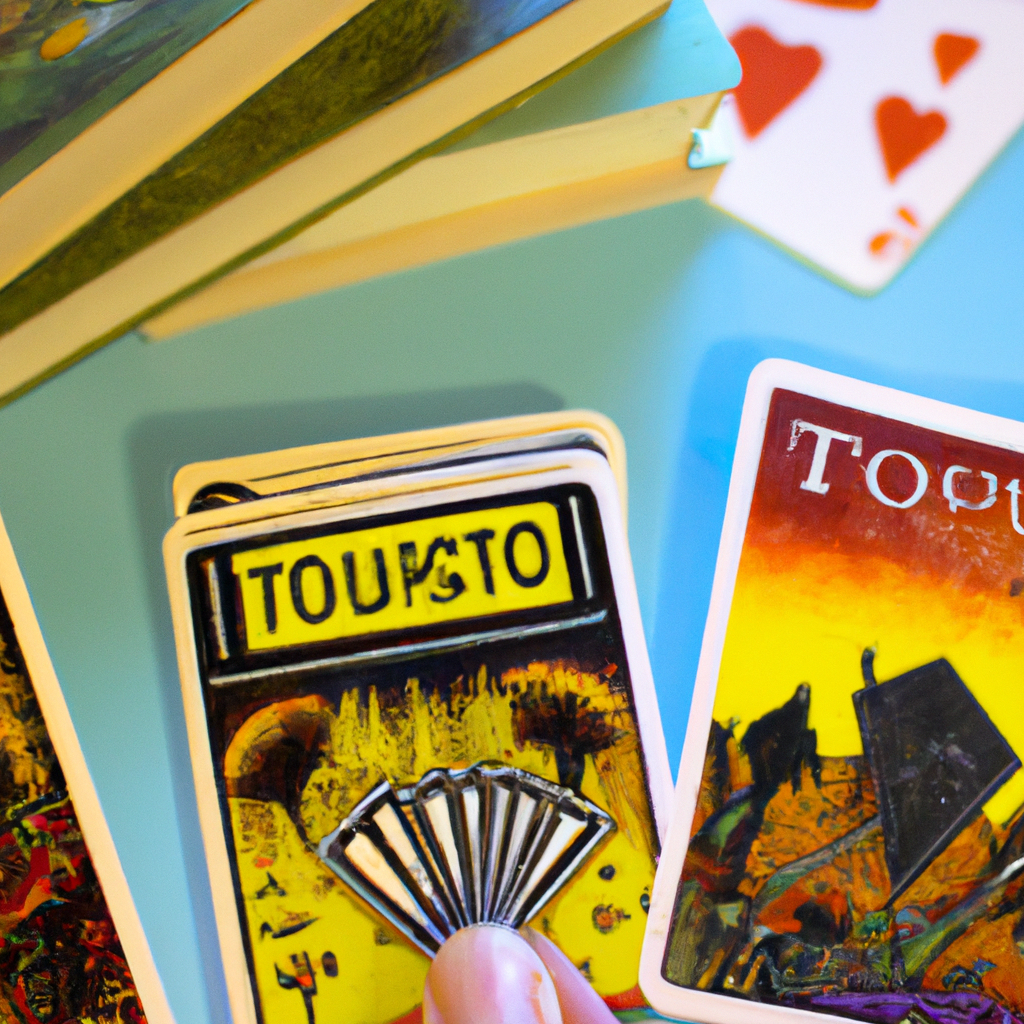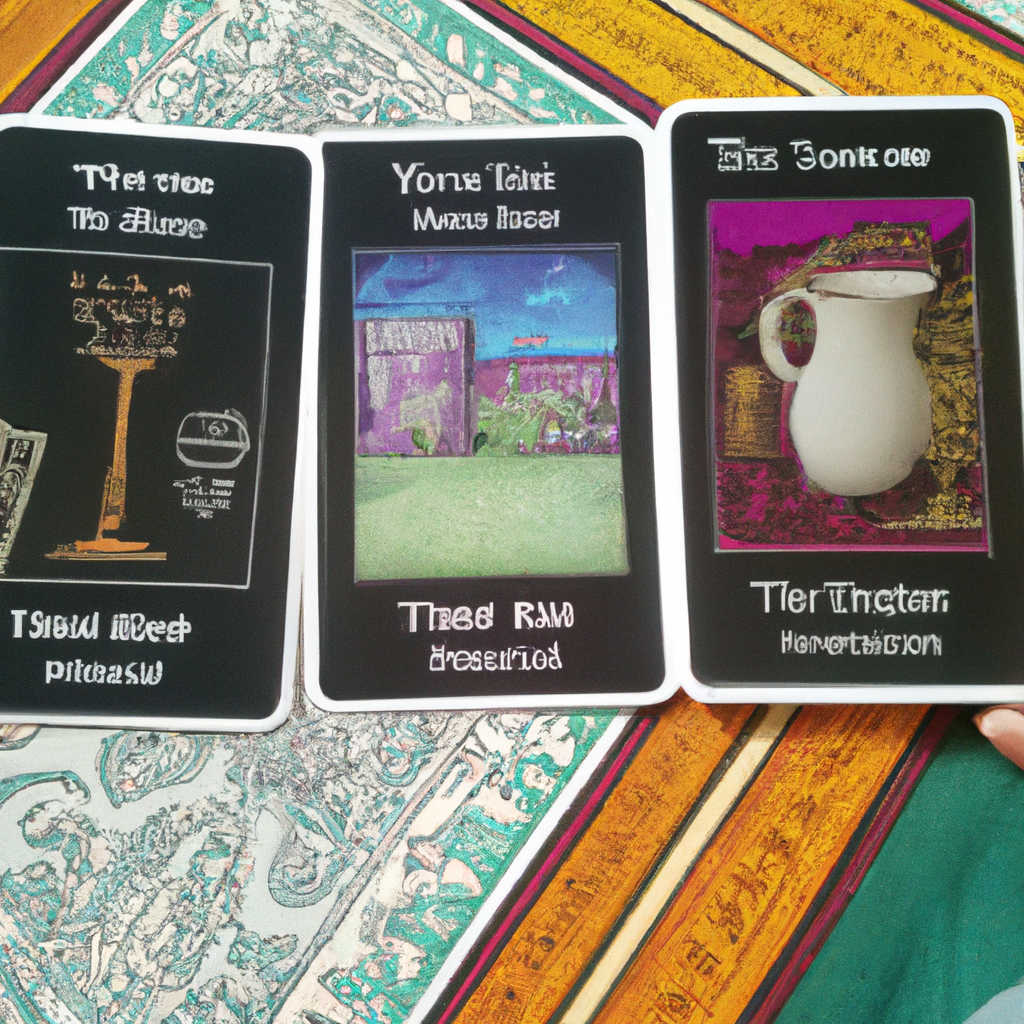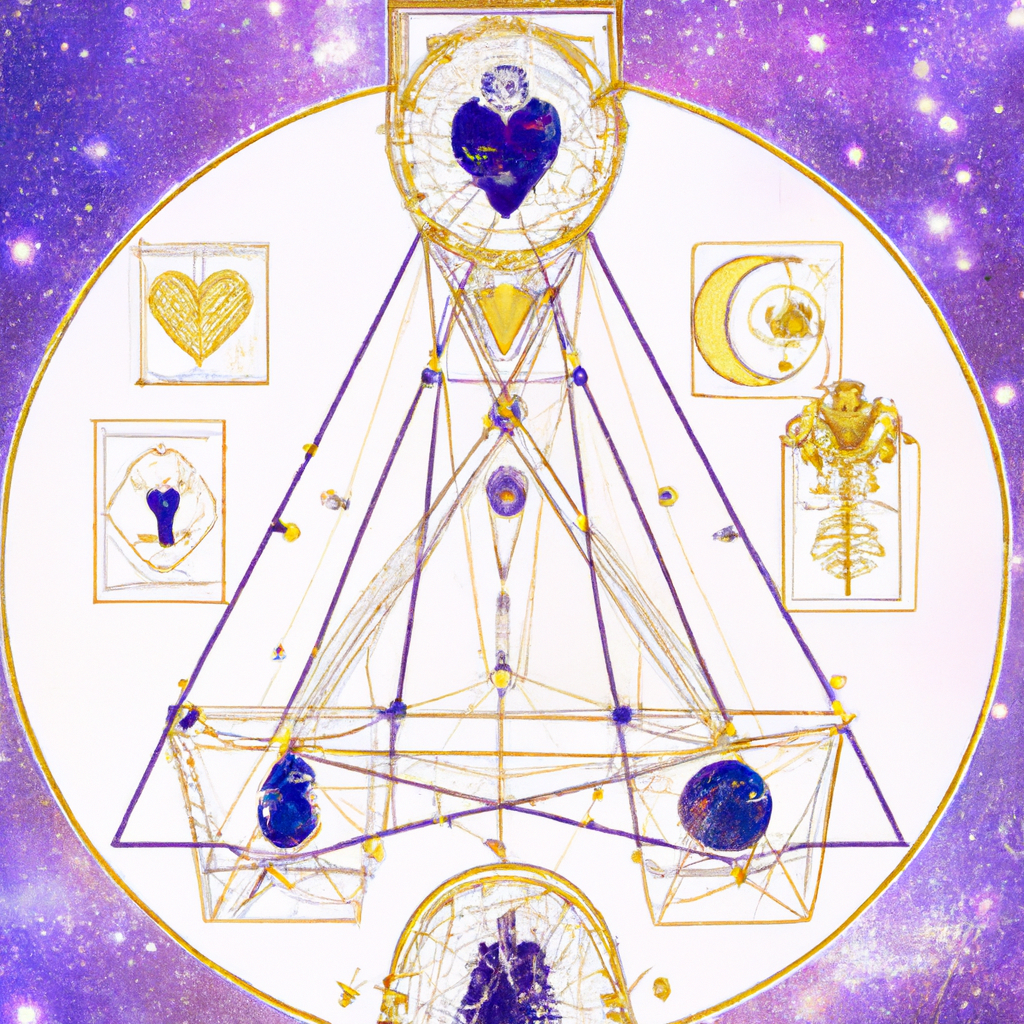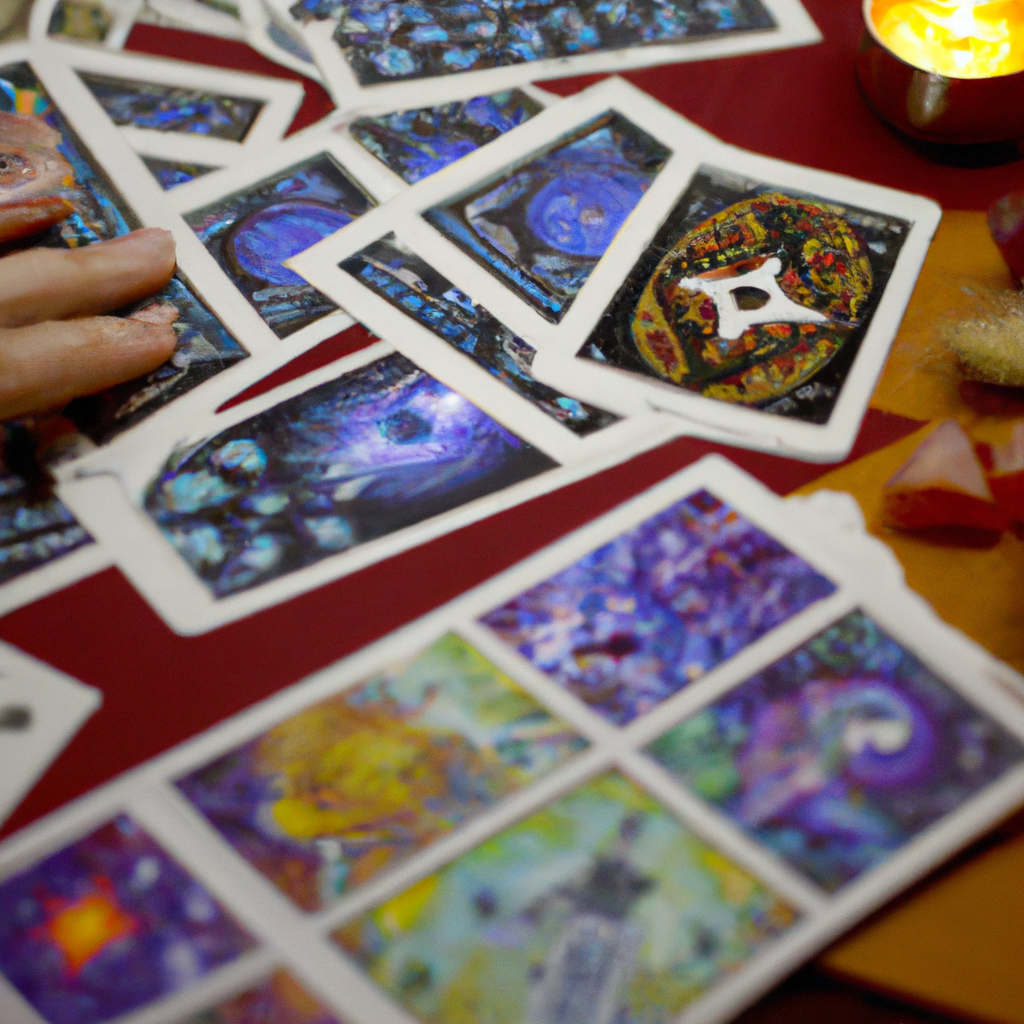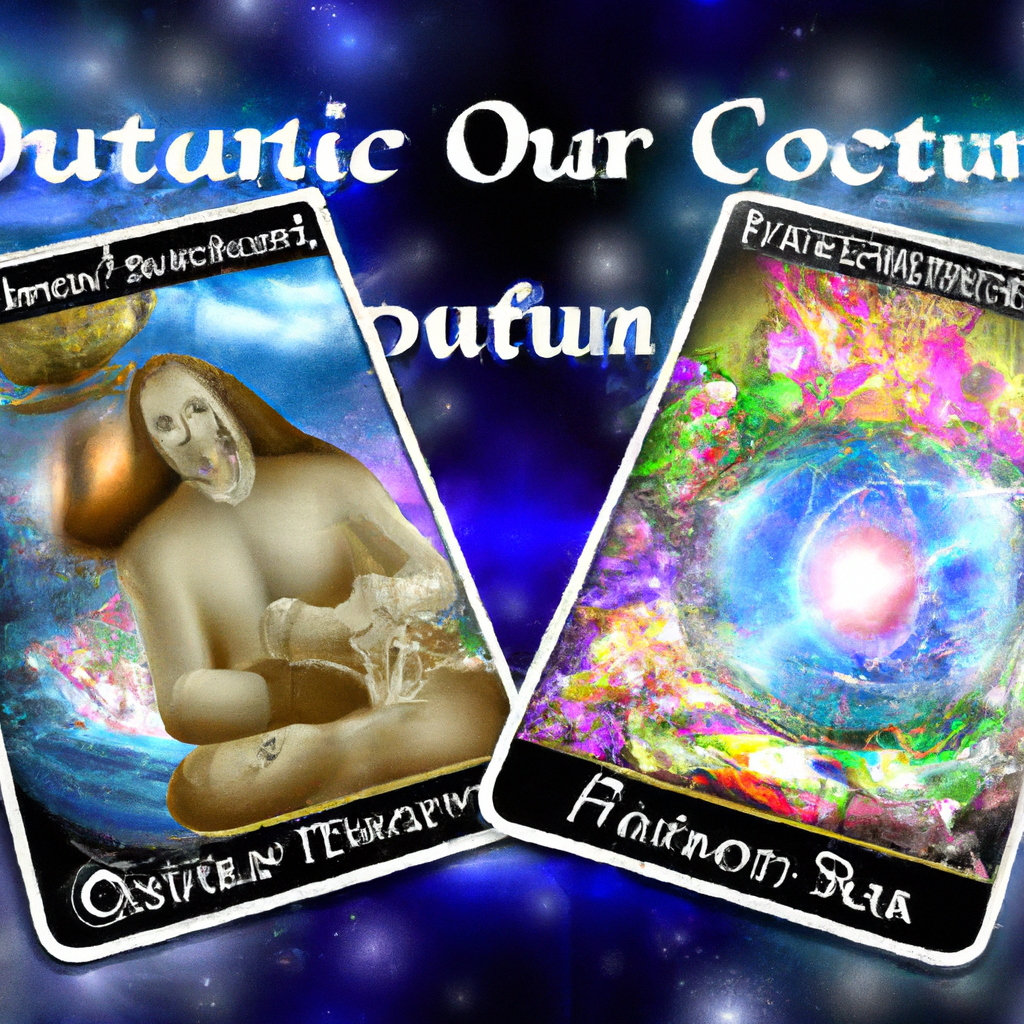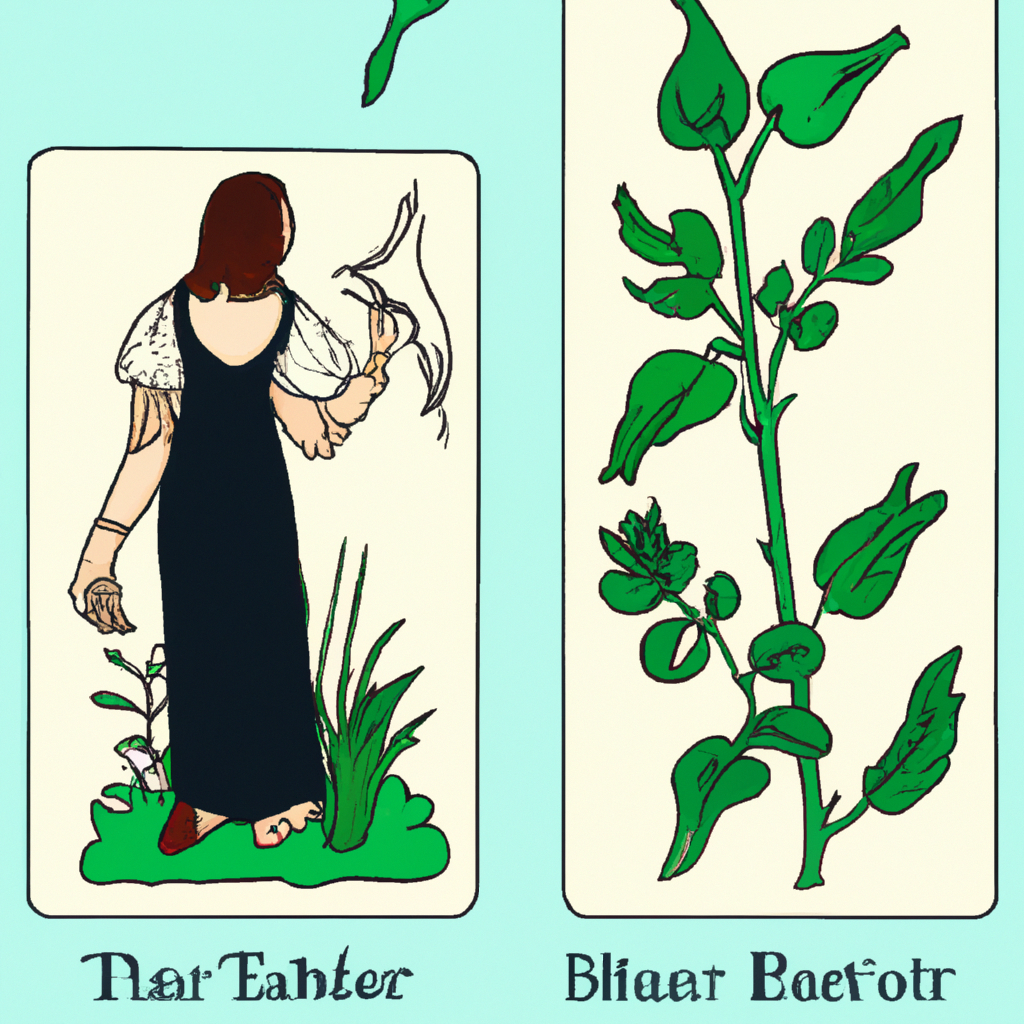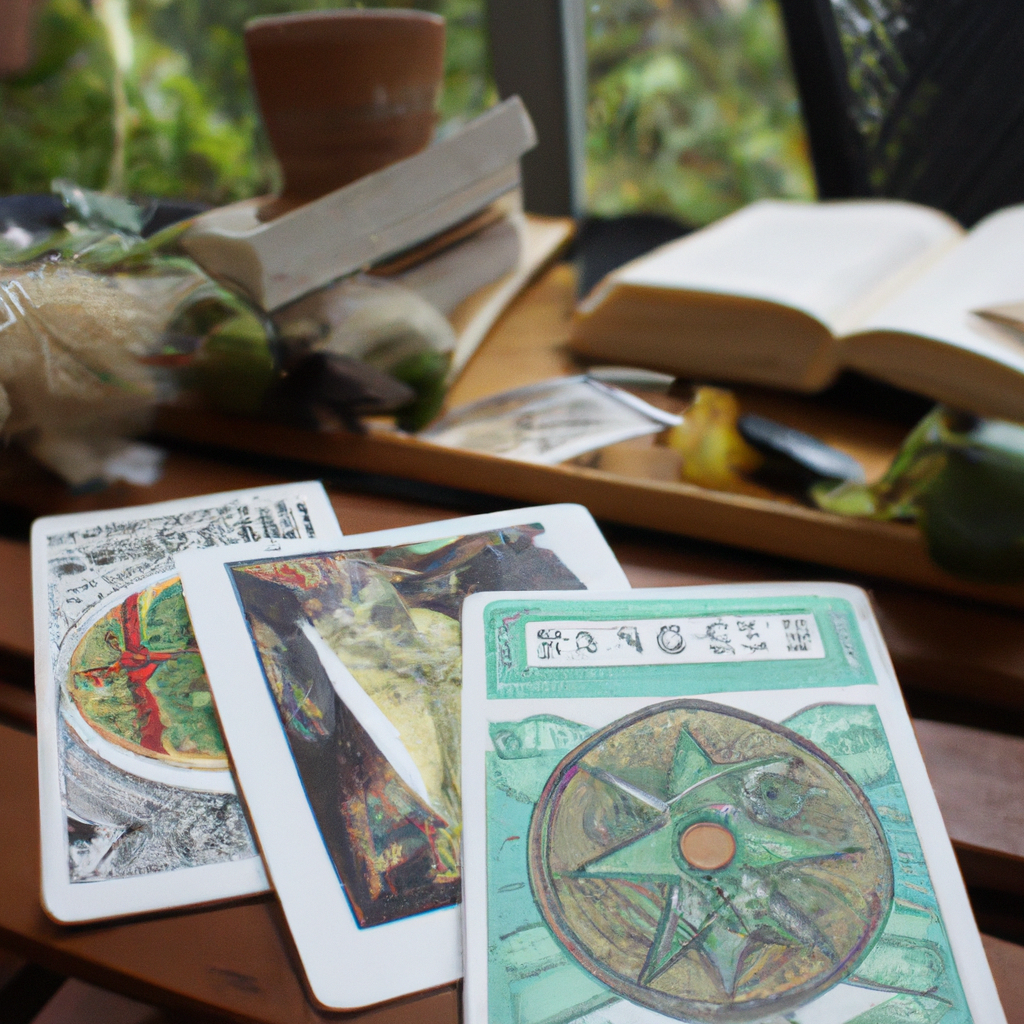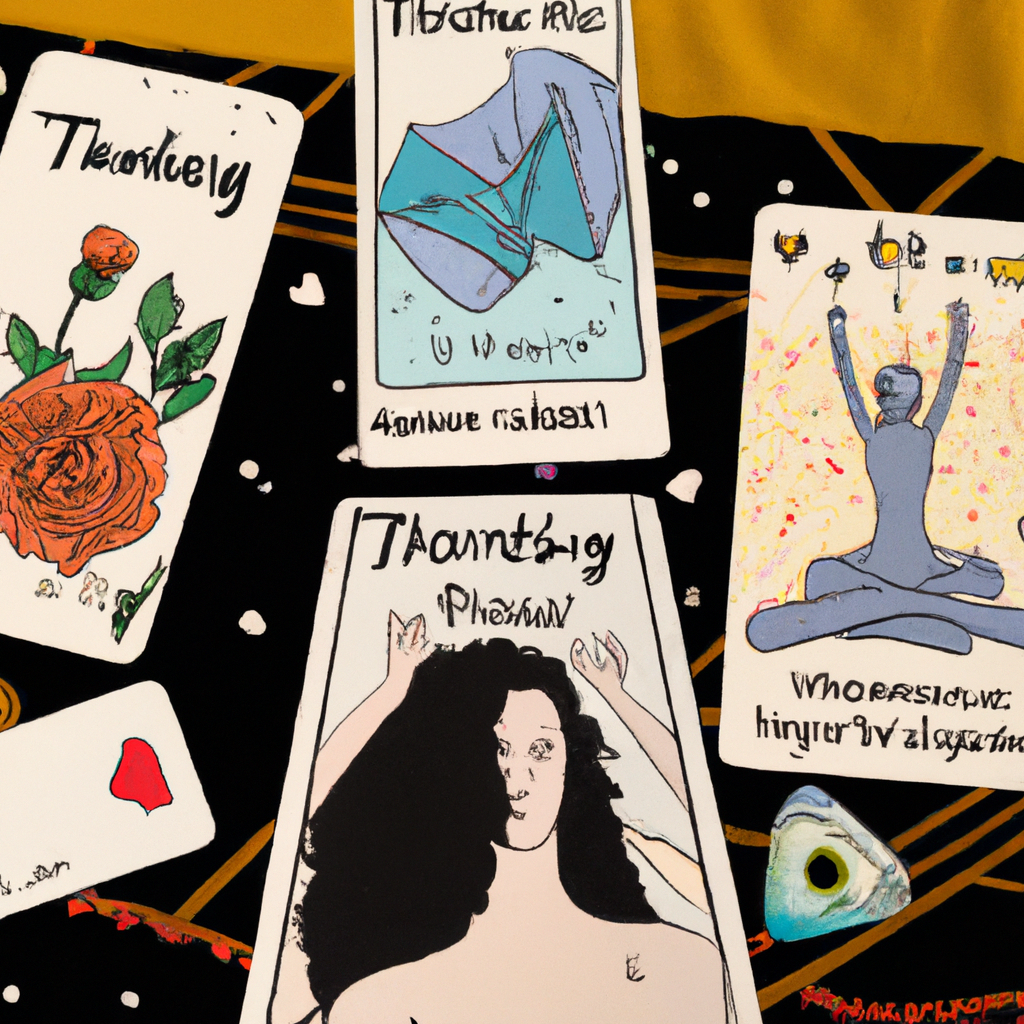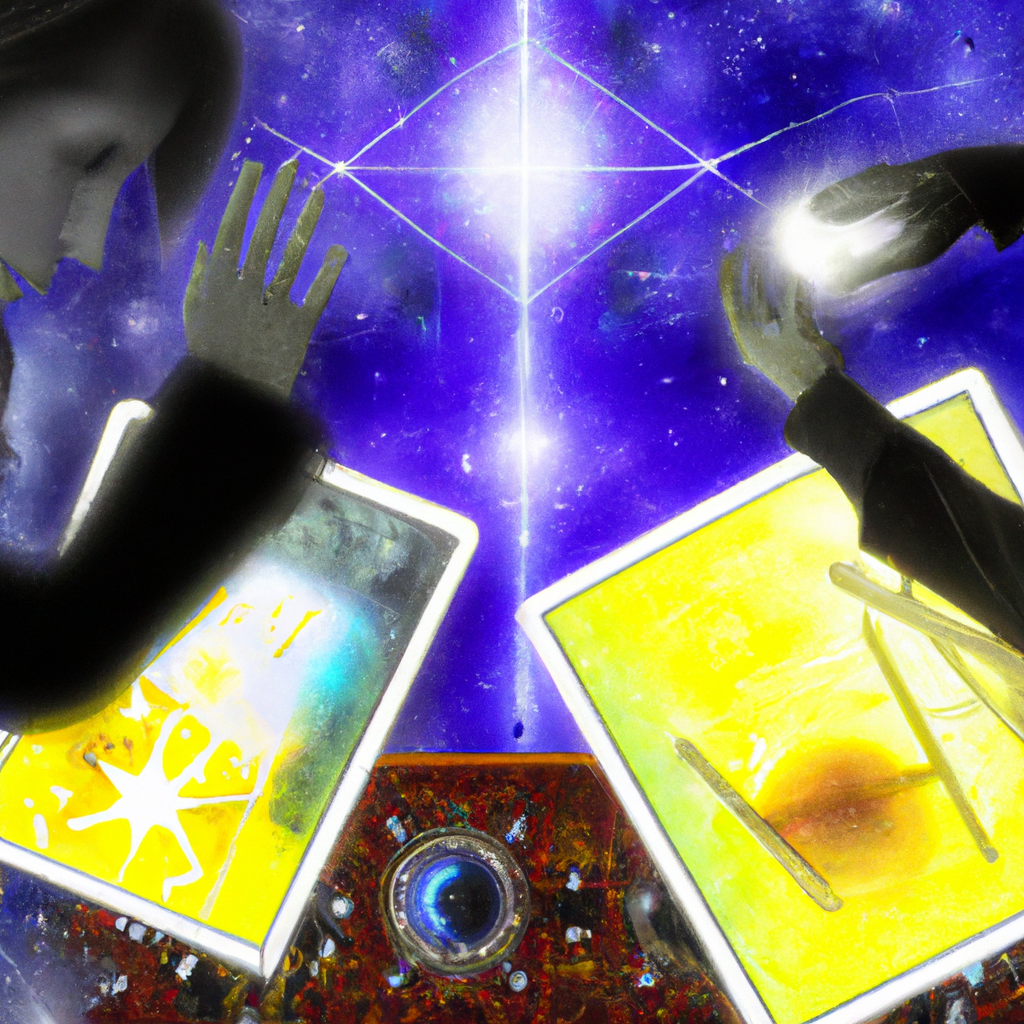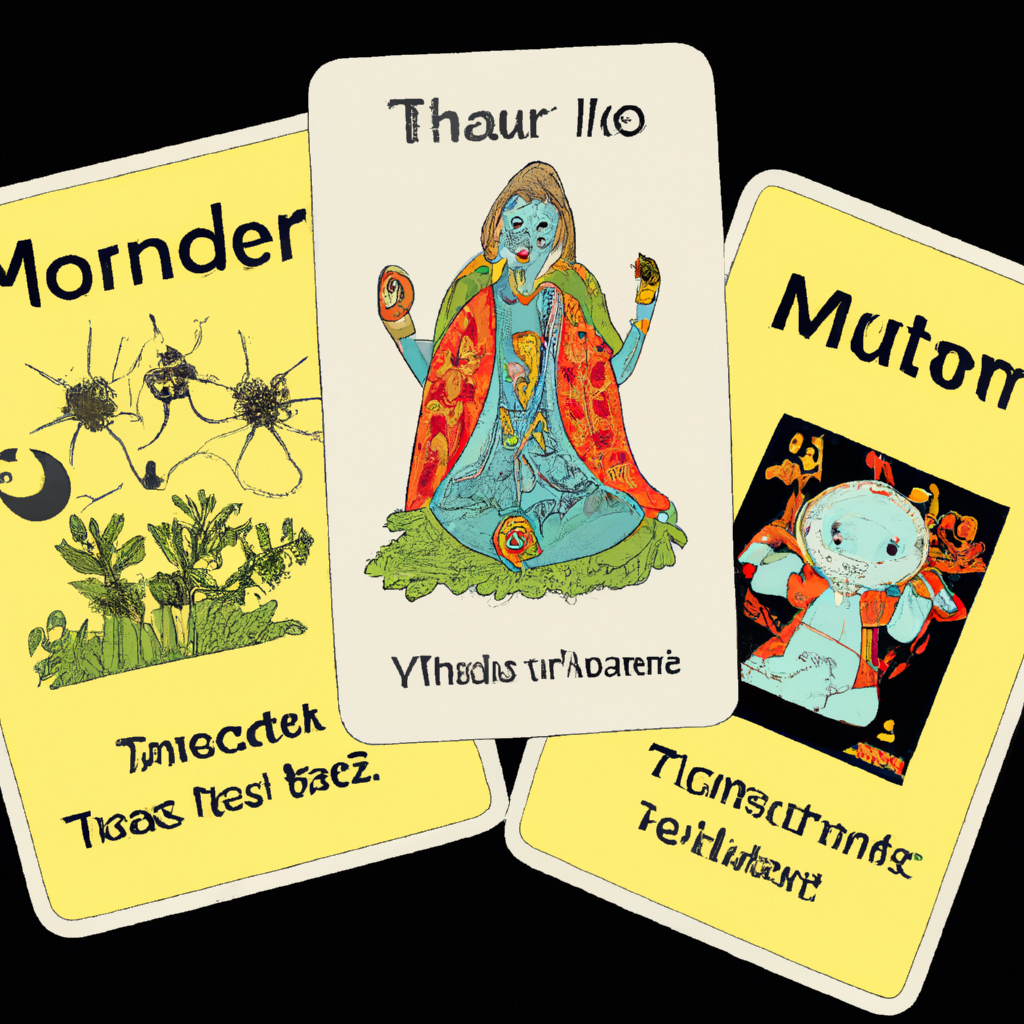Shopping Cart.
No products in the cart.
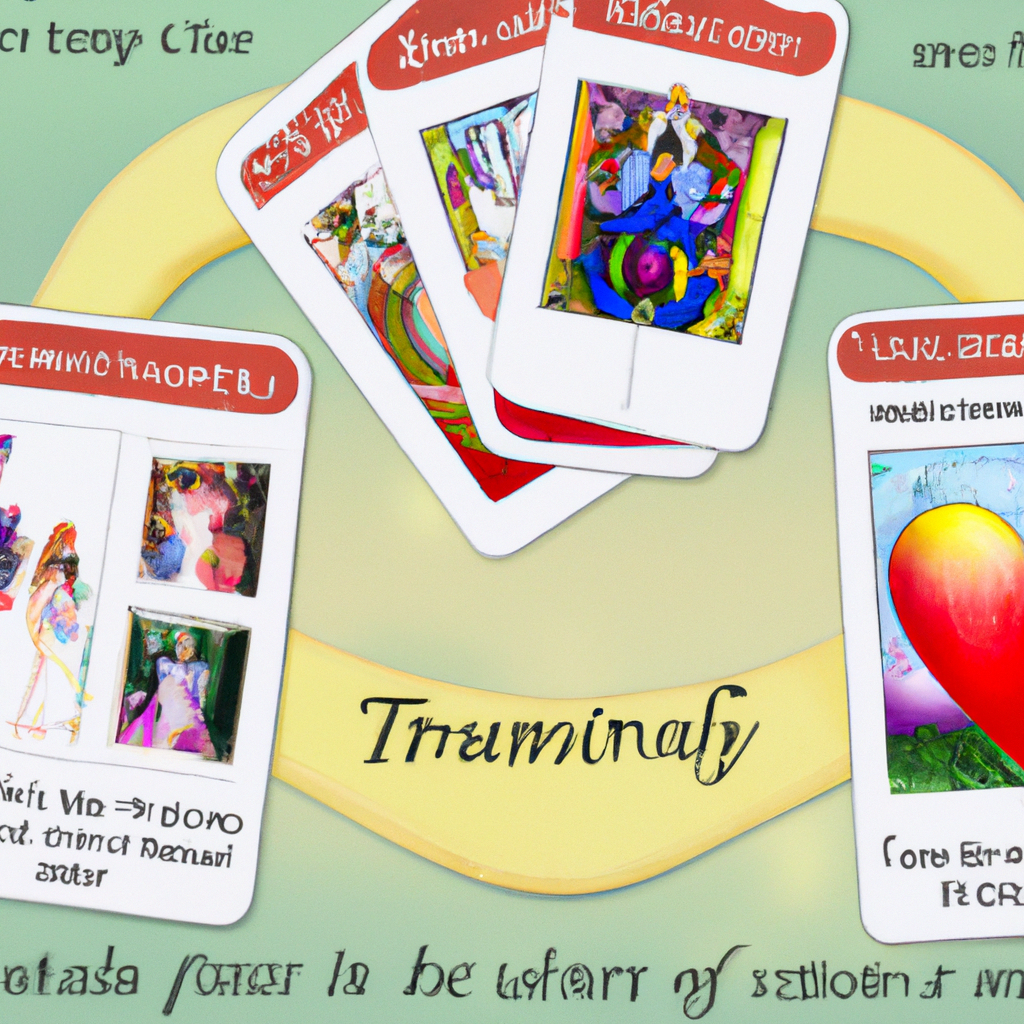
Tarot and Family Dynamics: Understanding Relationships
Have you ever wondered why your relationship with your sibling is so different from your relationship with your parents? Or why you and your cousin, despite growing up together, have such contrasting personalities? The answers to these questions may lie in the mystical world of tarot cards.
Tarot cards, with their rich symbolism and intricate imagery, have been used for centuries to provide insight into the human psyche. They are not just tools for fortune-telling, but also powerful instruments for self-discovery and understanding relationships. And when it comes to family dynamics, tarot cards can offer a unique perspective.
Imagine this: It’s a sunny Sunday afternoon, and you’re sitting at your kitchen table with a deck of tarot cards spread out before you. You’re not looking for predictions about your future; instead, you’re seeking to understand your family dynamics better. You shuffle the cards, focusing on your question: “What is the nature of my relationship with my sister?” You draw the Two of Cups – a card symbolizing mutual respect, understanding, and harmony. It suggests that your relationship with your sister is based on mutual support and emotional bonding.
Now, let’s say you want to understand why your relationship with your father is so challenging. You shuffle the cards again, this time drawing the Five of Swords. This card often represents conflict, tension, and misunderstanding. It suggests that your relationship with your father may be marked by power struggles and communication breakdowns.
But tarot cards don’t just highlight the problems; they also offer solutions. The Five of Swords, for instance, encourages open communication and compromise. It’s a reminder that winning an argument isn’t as important as maintaining a healthy relationship.
Tarot cards can also help you understand your role within your family. Are you the peacemaker, the rebel, or the nurturer? The Queen of Cups, for example, might suggest that you’re the emotional caregiver in your family, always ready to listen and offer comfort. The Fool, on the other hand, might indicate that you’re the adventurous one, always pushing boundaries and encouraging your family to take risks.
And what about those family members you just can’t seem to understand? Your introverted cousin, for instance, who always seems so distant at family gatherings. Drawing the Hermit card in a reading about him could suggest that he values solitude and introspection over social interaction. It’s not that he’s aloof; he just experiences the world differently.
Of course, tarot card readings are not a substitute for open communication and professional advice. But they can provide a fresh perspective on family dynamics, helping you understand your loved ones better and improving your relationships with them.
So, the next time you find yourself puzzled by your family dynamics, why not turn to the tarot? You might be surprised by the insights you gain. And who knows? You might even find yourself reaching for that deck of cards at the next family gathering, ready to explore the complex web of relationships that make up your family. After all, understanding is the first step towards harmony. And isn’t that what we all want for our families?
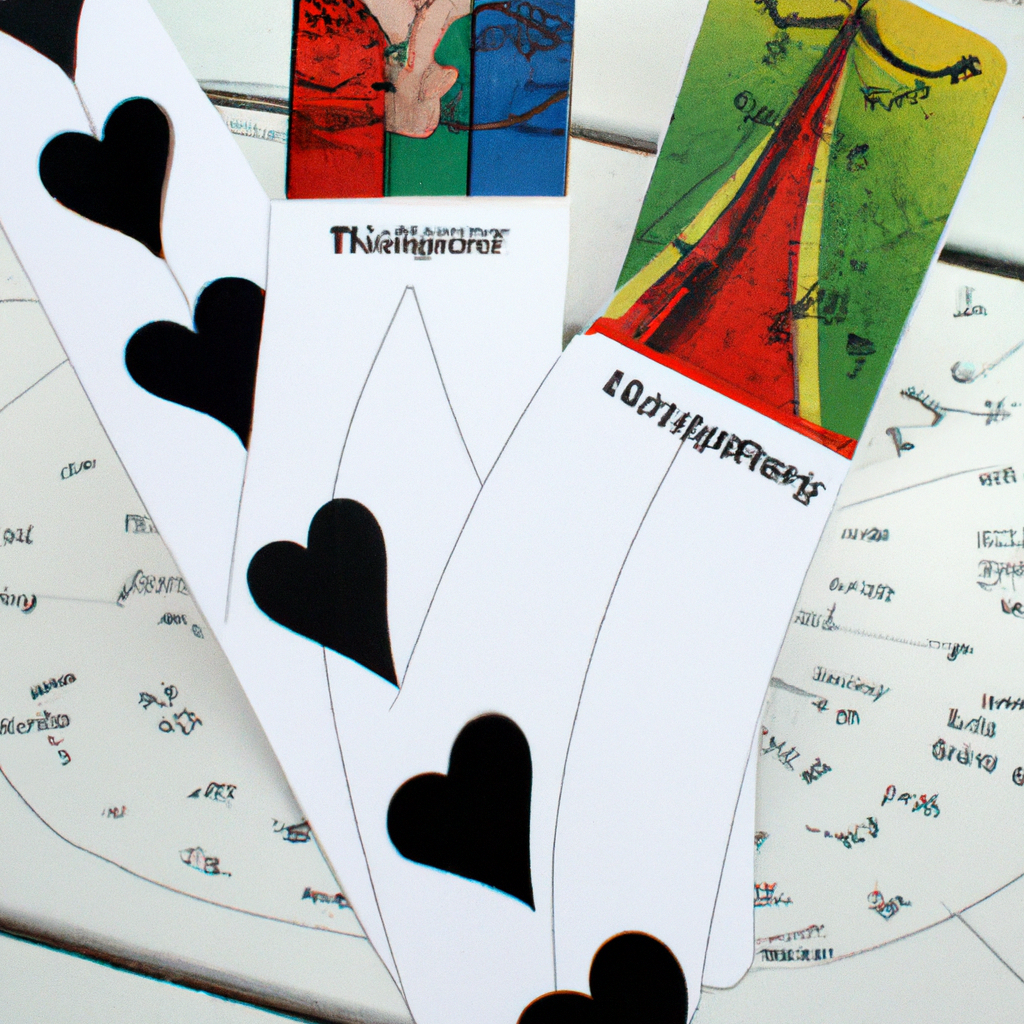
Tarot and Family Dynamics: Understanding Relationships
Have you ever found yourself in a family gathering, looking around the room and wondering how you all ended up so different, yet so similar? Families are fascinating entities, a complex web of relationships, personalities, and shared histories. They can be our greatest source of joy and, at times, our most profound source of frustration. Understanding these dynamics can be a challenging task, but did you know that Tarot can offer a unique perspective on these intricate relationships?
Picture this: It’s a sunny Sunday afternoon, and you’re sitting at your grandmother’s antique dining table. The air is filled with the aroma of freshly baked apple pie, a family recipe passed down through generations. You’re surrounded by your loved ones, each one with their unique quirks and idiosyncrasies. Your sister, the ever-practical Capricorn, is discussing her latest business venture. Your dreamy Pisces cousin is lost in a world of his own, while your Leo aunt is holding court, regaling everyone with tales of her latest adventures. Amidst the laughter and chatter, you can’t help but marvel at the diversity of personalities around you.
Now, imagine having a tool that could help you understand these personalities better, a tool that could provide insights into the dynamics at play. That’s where Tarot comes in. Tarot, with its rich symbolism and archetypal imagery, can offer a unique lens through which to view and understand our family relationships.
Think of the Tarot as a mirror, reflecting back to us the complexities of our relationships. Each card in the Tarot deck represents different aspects of human experience. For instance, the Empress might represent a nurturing and caring mother, while the Emperor could symbolize a father figure who values structure and order. The Lovers card could represent the bonds of love and unity within the family, while the Five of Cups might signify a time of loss or grief.
By drawing and interpreting these cards, we can gain insights into the dynamics at play within our families. We can understand the roles we play, the patterns we fall into, and the ways in which we relate to one another. For example, if you’ve always felt like the peacemaker in your family, drawing the Temperance card in a reading could validate that role for you. Or, if you’ve been struggling with a particular relationship, the Tower card might suggest that it’s time for a significant change or transformation.
But Tarot isn’t just about understanding; it’s also about healing. By bringing these dynamics to light, Tarot can help us navigate our relationships more effectively. It can guide us towards reconciliation, understanding, and mutual respect. It can help us appreciate the unique gifts that each family member brings to the table and the lessons that they have to teach us.
So, the next time you find yourself at that family gathering, looking around the room and marveling at the diversity of personalities, remember that Tarot can offer a unique perspective on these intricate relationships. It can help you understand, appreciate, and navigate the complex web of family dynamics. And who knows? Maybe it can even help you appreciate your Leo aunt’s dramatic storytelling a little more. After all, every family needs a bit of drama, doesn’t it?
Tarot and Family Dynamics: Understanding Relationships
Have you ever found yourself in a family gathering, looking around the room and wondering how you all ended up so different, yet so similar? Families are fascinating entities, a complex web of relationships, personalities, and dynamics that can sometimes be challenging to navigate. But what if I told you that there’s a tool that can help you understand these dynamics better? Yes, you guessed it right! It’s the ancient art of tarot.
Now, before you dismiss this as some mystical mumbo-jumbo, let me share a little story. I was introduced to tarot at a young age by my grandmother, a wise woman who believed in the power of intuition and the unseen. She would often pull out her deck of tarot cards during family gatherings, using them as a tool to spark conversations, resolve conflicts, and deepen our understanding of each other. It was through these experiences that I came to appreciate the power of tarot in understanding family dynamics.
Tarot, contrary to popular belief, is not about predicting the future. Instead, it’s a tool for introspection, for understanding ourselves and our relationships better. Each card in the tarot deck represents different aspects of human experience, and when used in readings, they can provide insights into the underlying dynamics at play.
For instance, consider the card of The Emperor. In a family context, this card could represent a father figure or someone who holds authority within the family. It could indicate a need for structure and discipline, or it could suggest a struggle with power dynamics. Similarly, The Moon card could represent hidden emotions or secrets within the family, urging us to bring them to light and address them.
Using tarot in this way can help us understand the roles we play within our families, the patterns that we often unconsciously repeat, and the dynamics that shape our relationships. It can help us see where there might be tension or conflict, where there’s a need for healing or forgiveness, and where there’s an opportunity for growth and deeper connection.
Moreover, tarot can also be a wonderful tool for communication within the family. It can serve as a neutral ground, a space where everyone can express their feelings and perspectives without judgment. It can help facilitate difficult conversations, allowing us to approach them with empathy and understanding.
For example, during one of our family gatherings, my grandmother pulled out The Tower card, a card often associated with upheaval and change. Instead of causing panic, this sparked a conversation about the changes we were all going through and how we could support each other better. It helped us understand each other’s perspectives and brought us closer as a family.
So, the next time you find yourself puzzled by your family dynamics, why not give tarot a try? You might be surprised by the insights it can provide and the conversations it can spark. And who knows, it might just bring you closer to your loved ones, just like it did for my family and me. After all, understanding is the first step towards acceptance and love, and what better tool to facilitate this than tarot?
In conclusion, Tarot can be a useful tool in understanding family dynamics and relationships. It can provide insights into individual personalities, behaviors, and roles within the family, as well as highlight potential conflicts or issues. However, it’s important to remember that Tarot readings are subjective and should not be used as the sole basis for making significant decisions or changes in family relationships.
